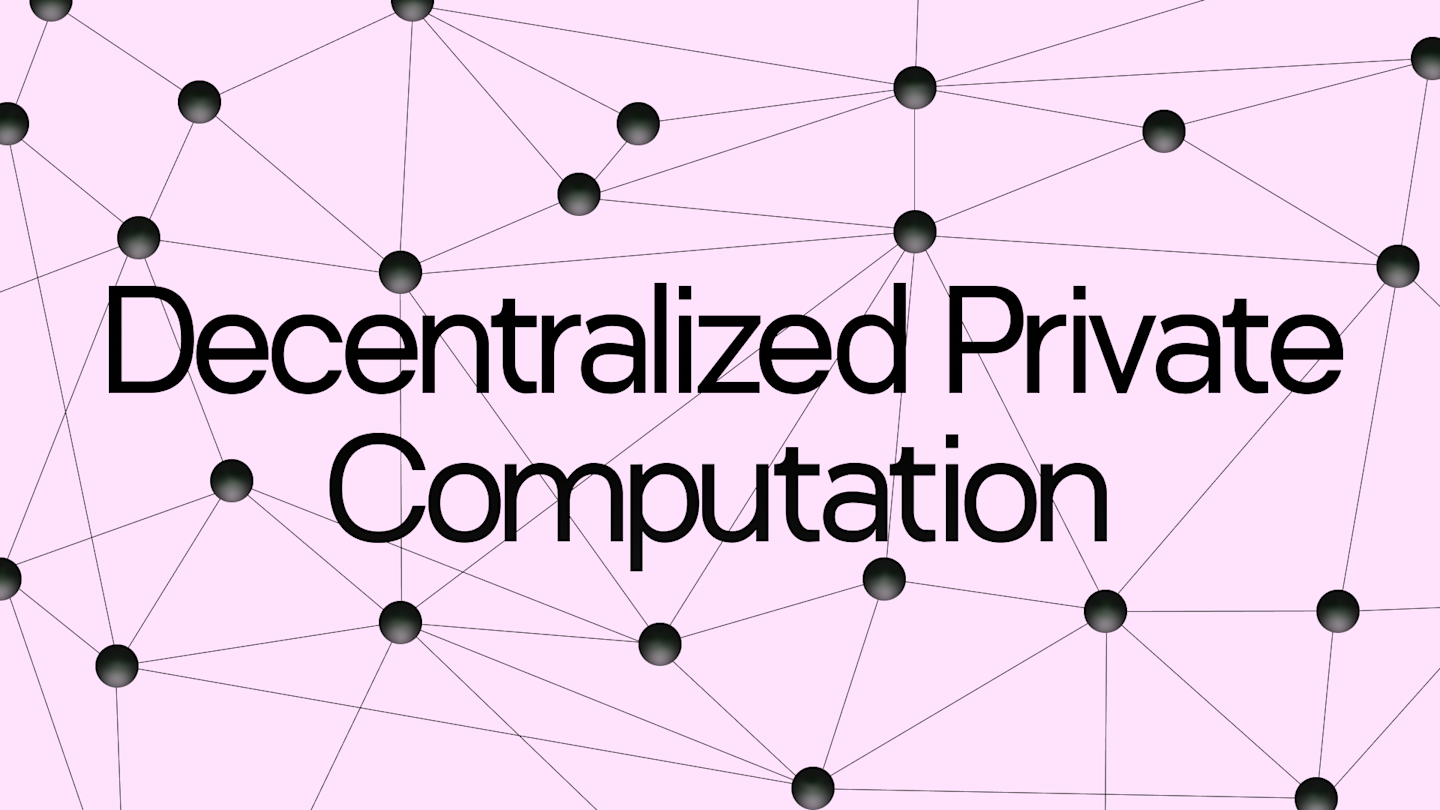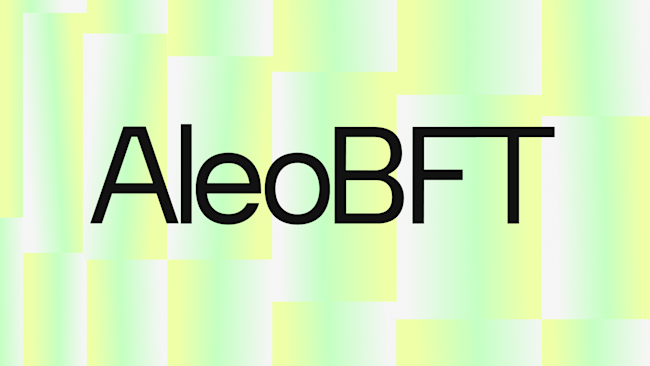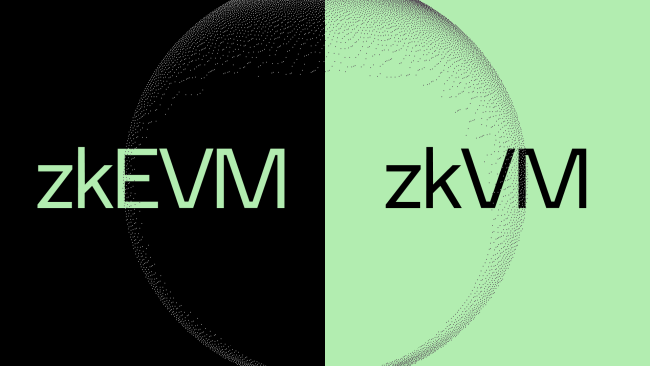Programmable privacy made possible: Understanding decentralized private computation

Decentralized Private Computation (DPC) is a cryptographic system that allows users to perform confidential computations off-chain while providing public verification of results on the blockchain, enabling privacy without sacrificing transparency or security. This groundbreaking approach, implemented by platforms like Aleo, is empowering developers to build applications that protect user data.
But the implications of DPC extend far beyond simple transaction privacy. By leveraging zero-knowledge proofs and Aleo’s record model, DPC creates a foundation for truly programmable privacy. This opens up a world of possibilities for developing applications that can handle sensitive data without compromising user confidentiality. From DeFi to healthcare and beyond, DPC has the potential to unlock new use cases that were previously hindered by privacy concerns, all while maintaining the transparency and security benefits inherent to blockchain technology.
In this article, we’ll explore what DPC is, how the Aleo Network uses it, and why it’s the most scalable, secure way to achieve privacy for user data.
What is DPC?
Decentralized private computation (DPC) is a cryptographic primitive where every user can execute privacy-preserving computation offchain/offline and publicly verify the results of the computation on the decentralized ledger/blockchain. It is the core of ZEXE (zero-knowledge execution), which is the foundation of Aleo blockchain.
To achieve DPC, Aleo uses a simple yet expressive programming model based on data units called records. The record model is a fundamental data structure that can store arbitrary data payloads in a privacy-preserving way. Records are similar to UTXO, and each record is associated with its owner via an address public key. Arbitrary programs that live on the Aleo blockchain predetermine the creation and consumption of records.
Privacy is achieved by submitting transactions that only contain the serial numbers of the consumed records, commitments of the created records, and a zero-knowledge proof (ZKP) attesting that the records consumption and creation respect the rules set up in their respective programs. This process reveals no information about the underlying data and account address currently submitting the transactions.
The Aleo Network: Scalable, cost effective and secure
Thanks to ZKPs, DPC also has better scalability at the protocol level by offloading execution off-chain. Validators on Aleo can ensure that every state transition result is correct simply by verifying a succinct cryptographic proof that is constant in size. This ensures that the Aleo network remains unburdened and operates smoothly.
This scalability not only provides a high throughput and low latency environment for privacy-preserving applications, but it’s also quicker and cheaper to verify as the network does not need to re-execute all computations to ensure their integrity. The network also does not need to rely on gas to prevent DOS attacks (denial-of-service attacks), as any invalid proof will be immediately rejected by the validator without the need to re-run computation to confirm.
Unlike most other blockchains that rely on cryptoeconomic guarantees to verify the correctness of a state transition, Aleo provides a higher level of security with cryptographic guarantees through zero-knowledge proofs, ensuring that a program was either executed correctly or not executed at all.
Programmable privacy is here
With DPC, programmable zero-knowledge applications are now possible. The fundamental components that enabled these programmable privacy applications are shielded identities and shielding transactions.
Shielded identities are cryptographic mechanisms that allow users to authenticate and interact within a blockchain network while keeping their personal information private, enabling selective disclosure of data without compromising overall confidentiality. Shielded transactions hide all transaction details from everyone, preventing anyone from exploiting information during transactions transmission and after settlement.
This protects users from being taken advantage of by others that have visibility on mempool to exploit their voting decisions, stealing identity information and one of the most significant problems in the public blockchain space currently, MEV (Maximal Extractable Value) which exploits user activities such as liquidity provisioning and placing trading orders.
zkCloud
These two primitives work together in a privacy-preserving environment called zkCloud. zkCloud is an off-chain, trustless execution environment where individual entities, or shielded identities, interact with one another through shielded transactions. Cryptographic proof guarantees the integrity of transactions.
zkCloud applications can be run locally by users or delegated to a third party that provides services to help generate proofs and submit transactions on their behalf. This makes the applications on Aleo practical and opens the door for marketplaces for delegated private computation.
With that said, zkCloud enables Aleo to achieve its vision of a private, programmable, and high-performance network by separating execution from state and submitting only cryptographic proofs to the blockchain via shielded transactions


